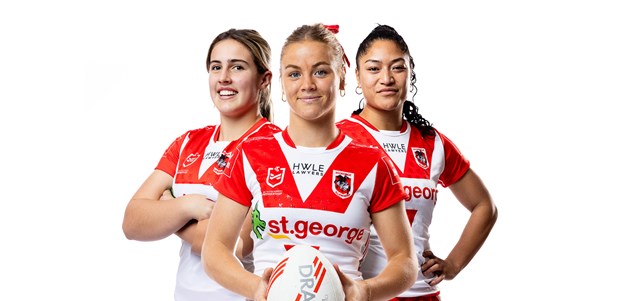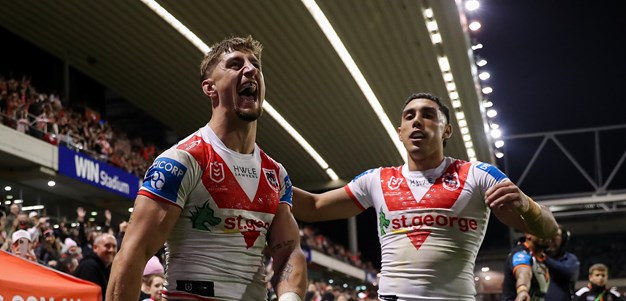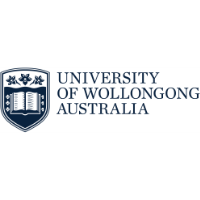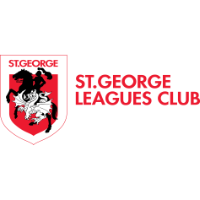16 nations competing across two tournaments culminated with both the Kangaroos and Jillaroos securing Australia a World Cup double on Saturday at Brisbane's Suncorp Stadium.
The Kangaroos 6-0 win over England and the Jillaroos 23-16 victory over the Kiwi Ferns solidified Australia's rugby league dominance.
Closer to home, 10 current St George Illawarra players and two Dragons ambassadors all played crucial roles in the success of the 2017 Rugby League World Cup.
Dragons Communications and Media Executive Jack Brady has provided a rundown on how each Dragons representative performed over the past six weeks.
Taane Milne, Josh Dugan, Siliva Havili and Russell Packer also began the tournament as Dragons players and we would like to wish them the best with their future endeavours.
Leeson Ah Mau (Samoa)
Ah Mau featured in all four of Samoa's games albeit in an unfamiliar role at lock. Not one to let a positional change hinder him, the Dragons prop still produced solid numbers including 103.8 metres and 28.8 tackles per Test.
Kezie Apps (Jillaroos)
Apps made a successful return to the international stage at the Women's Rugby League World Cup after breaking her leg at February's Auckland Nines. While she featured in all five of the Jillaroos' Tests, she was given limited minutes in pool fixtures against the Cook Islands and Canada. Regardless, Apps still managed to produce 74.8 metres and 19.2 tackles per game and was dominant every time she took the field.
Sam Bremner (Jillaroos)
A broken fibula may have derailed St George Illawarra Ambassador Bremner's World Cup campaign, but her positivity and experience played a paramount role throughout the Jillaroos' squad and eventual tournament win.
Tyson Frizell (Australia)
Frizell featured in all but one of Australia's Tests this World Cup campaign, with most of them seeing him come off the interchange. Averaging 92.4 metres and 21.4 tackles, Frizell also scored a try in the Kangaroos' pool fixture against France.
James Graham (England)
The veteran England international worked tirelessly in all six of his nation's Tests. Not only did Graham finish in the top three for most tackles (32.6 tackles per game), he also averaged 140.5 metres per game in typical workhorse fashion.
Ben Hunt (Australia)
The 2018 St George Illawarra recruit featured once for Australia throughout the 2017 Rugby League World Cup. Picked in the squad as backup to Kangaroos skipper Cameron Smith, Hunt's lone Test saw him top the tackle count (30) in a pool fixture against Lebanon. The new Dragon also got married midway through the tournament.
Tim Lafai (Samoa)
Lafai featured in all four of Toa Samoa's Tests and shared his time between the wing and centres throughout. The veteran outside back averaged 113.5 metres per game and took the nation's goal kicking duties on.
Joe Lovodua (Fiji)
The Dragons Under-20s utility backed up his shock selection in the Bati's 24-man squad by featuring in four of Fiji's five Tests. Used predominately off the bench as a backup to hooker Apisai Koroisau, Lovodua still managed to score a long-range try in the Bati's pool fixture against Wales.
Nene Macdonald (Papua New Guinea)
The Kumuls rise to the quarters was one of the highlights of the men's tournament and Dragons winger Nene Macdonald played a big role in that. Macdonald featured in all four of Papua New Guinea's games, scoring three tries in the process.
Jason Nightingale (New Zealand)
The veteran Kiwi international added one Test to his illustrious New Zealand career thanks to a solid showing against Scotland in a pool fixture. Nightingale showed off his valuable experience against the Bravehearts by producing 171 metres and two tries.
Paul Vaughan (Italy)
While Italy failed to make it out of the pool stages, Vaughan's reputation as one of the game's rising props remained unhindered. Vaughan scored a try in a pool match against the United States of America and averaged 132 metres per Test.
Gareth Widdop (England)
The Dragons skipper was arguably the Player of the Tournament thanks to his fantastic showings in all six of England's Tests. Widdop won three Man of the Match awards following his successful move to fullback. Widdop also scored the fourth-most points tournament-wide and was pivotal in England's run to the final.













